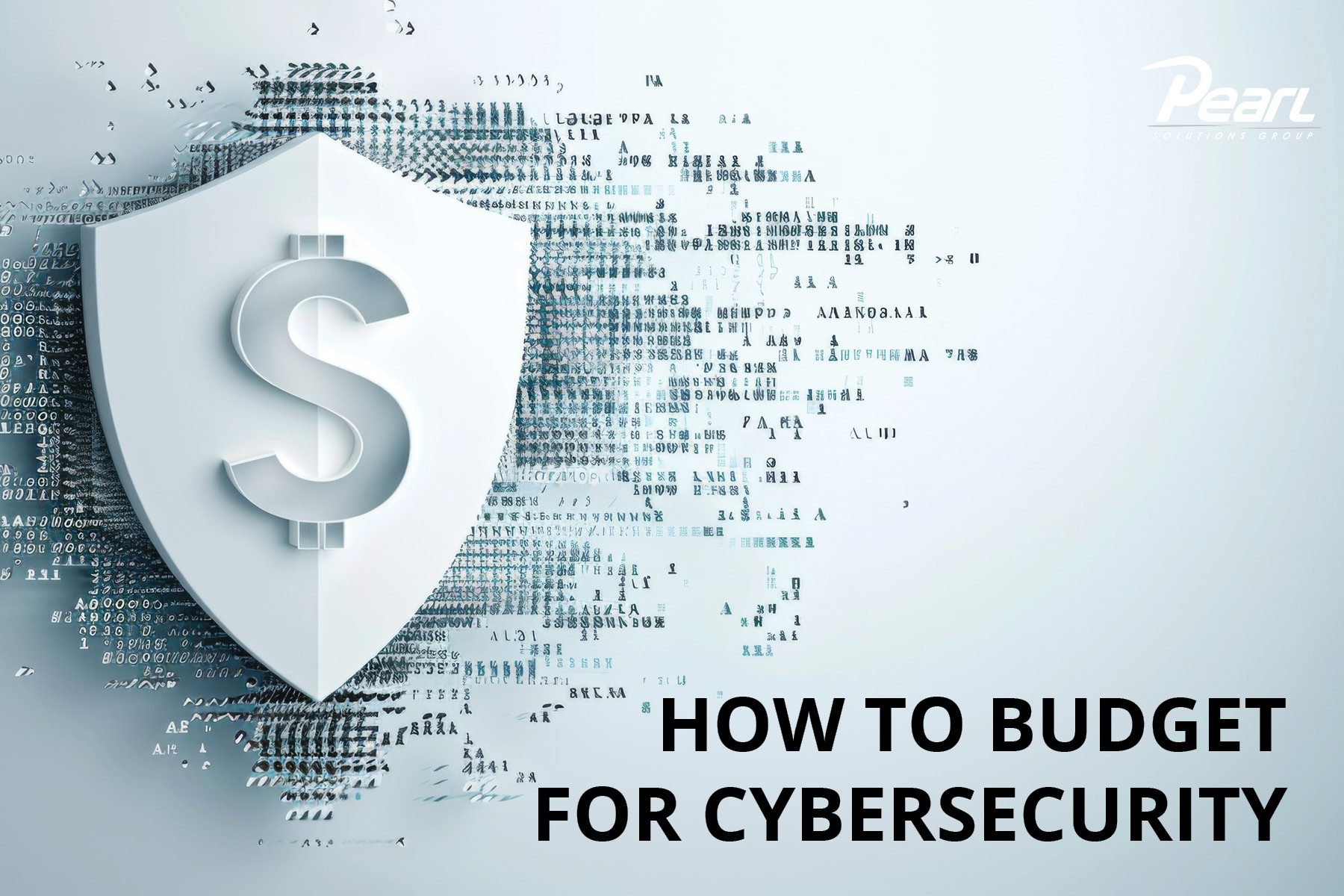It’s clear that cybersecurity isn’t just a “nice to have”—it’s a must-have for businesses of all sizes. The cyber threat landscape is constantly evolving and hackers are getting craftier every day. So, how do you budget for cybersecurity to make sure your business is protected? Let’s break down what you need to budget for, why it’s essential, and how much you might expect to spend on cybersecurity in 2025.
The Essentials You Can’t Ignore: When it comes to cybersecurity, the essentials are like the locks on your doors and windows—they’re your first line of defense. Here are some key components that every business, no matter the size, should budget for:
- Antivirus and Anti-Malware Software: Think of this as your digital security guard, scanning for malicious software that could harm your systems. Expect to spend around $30-$60 per user annually.
- Firewalls: A firewall acts as a barrier between your internal network and external threats. This is usually part of your router or can be a dedicated device. Costs can vary, but for small businesses, plan on $500-$1,500 for a decent firewall setup.
- Email Security: Email is often the easiest way for cybercriminals to sneak into your business. Investing in email filtering solutions that block phishing attempts and malware attachments is critical. Costs here range from $1-$4 per user per month.
- Multi-Factor Authentication (MFA): MFA adds an extra layer of security beyond just passwords. This can cost about $3-$10 per user per month.
Advanced Measures that Better Keep Up with Evolving Threats: Bad actors are growing increasingly sophisticated and rapidly changing their tactics to avoid basic cybersecurity measures. It would be best if you matched them with more advanced protection.
- Endpoint Detection and Response (EDR): EDR solutions provide real-time monitoring and response to threats on devices like laptops, desktops, and mobile devices. Budget around $5-$15 per user per month.
- Security Awareness Training: Your employees are often the weakest link in your cybersecurity chain. Regular training sessions can help them spot threats before they become problems. Costs can vary widely, but plan on $25-$50 per user annually.
- Cloud Security Solutions: If your business uses cloud services, securing your cloud environment is essential. Expect to spend anywhere from $1,000 to $5,000 annually, depending on the size and complexity of your cloud infrastructure.
Incident Response and Insurance: Data breaches alone were up 72% last year. It is critical to take an “if, not when” approach to planning, making sure you have a complete and regularly updated incident response plan and that you ensure compliance with your cyber insurance policy.
- Incident Response Planning: An incident response plan helps you act quickly to minimize damage if a breach occurs. Hiring an expert to help develop a plan could cost between $2,000 and $10,000, depending on your needs.
- Cyber Insurance: Just like you insure your physical assets, cyber insurance protects you against losses from cyber incidents. Premiums can range from $1,500 to $7,500 annually, depending on coverage and your business’s risk profile.
Getting the Most Bang for Your Buck: So, what’s the magic number? While exact figures will vary based on your business size, industry, and risk profile, a good rule of thumb is to allocate 10-15% of your IT budget to cybersecurity. If managing cybersecurity in-house feels overwhelming, consider partnering with a Managed IT Services Provider (MSP) like us. Many basic cybersecurity measures will be included in your services and an MSP will be able to assess your unique network and operations to recommend the most appropriate advanced tools to invest in and deploy, often saving you money in the long run.




